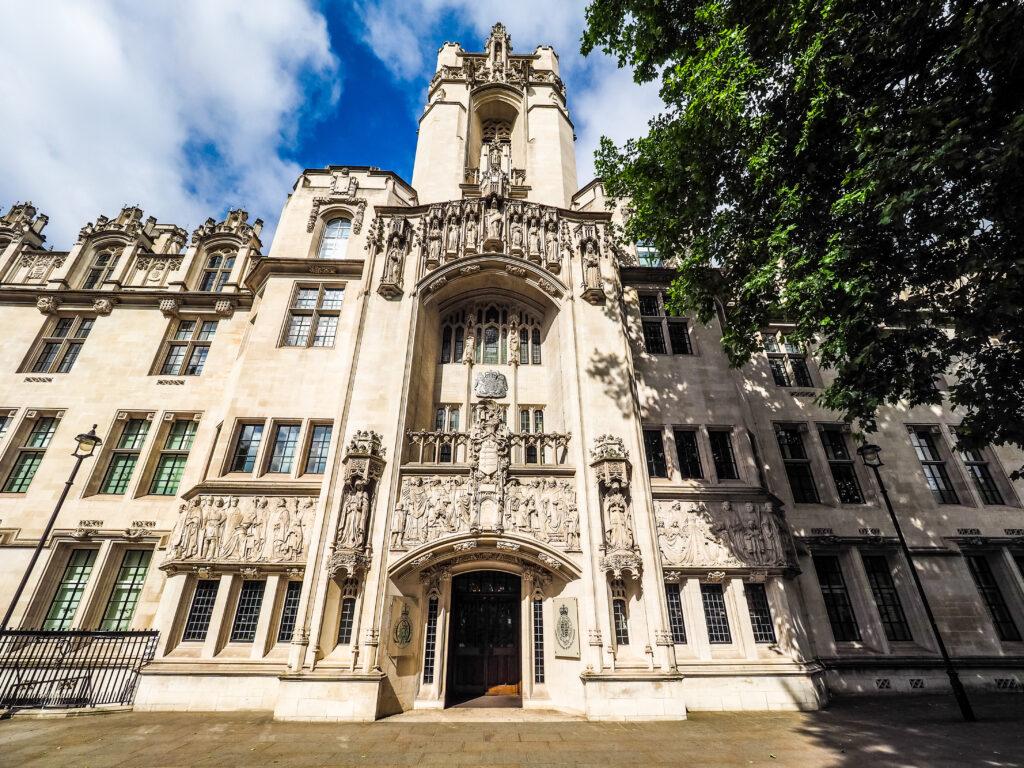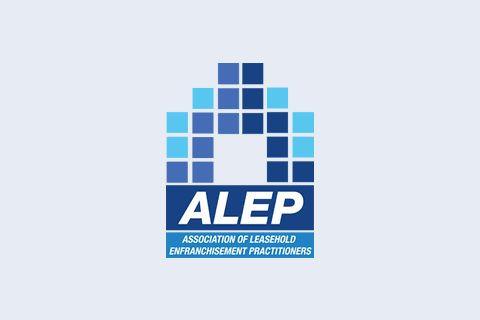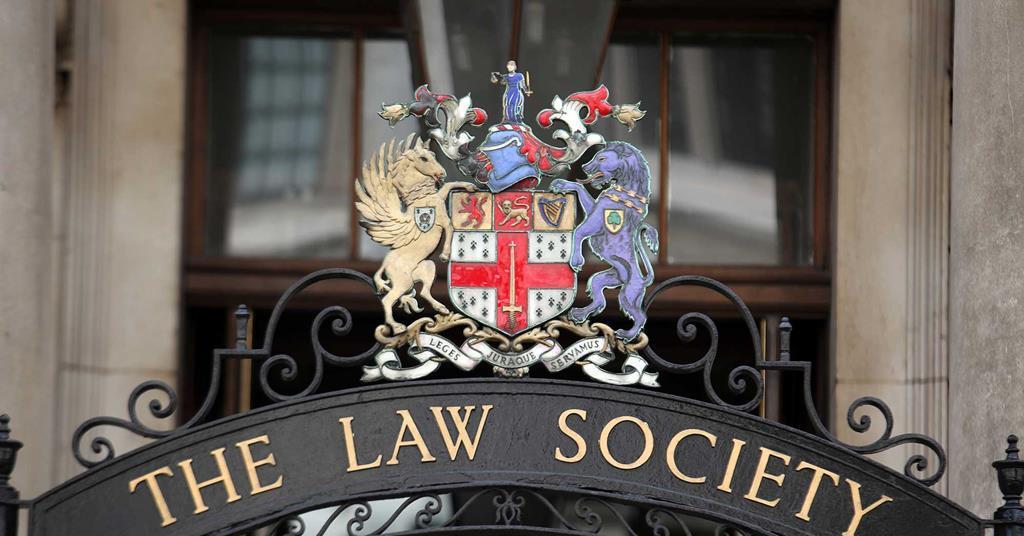ALEP Intervenes in Supreme Court case
Home | Latest News | ALEP Intervenes in Supreme Court case

Share this article
The Association of Leasehold Enfranchisement Practitioners, ALEP, has intervened in the Supreme Court case of A1 Properties v Tudor Studios RTM.
The Appeal, which was heard in the Supreme Court today, is A1 Properties (Sunderland) Ltd v Tudor Studios RTM Company Ltd. This is only the second case in which the Supreme Court has granted permission for a “leapfrog appeal” from the Upper Tribunal (Lands Chamber). Bishop & Sewell LLP are acting on behalf of ALEP. A detailed description of the case is available on Bishop & Sewell’s website.
This is a first for the Association in what is likely to be a case with wider importance outside of the narrow sphere of property rights and the ‘Right to Manage’.
ALEP’s intervention is on the basis that it seeks to assist the court in the development of case law in this area and counsel Philip Rainey KC and Mark Loveday of Tanfield Chambers are appearing pro bono.
ALEP takes an apolitical and neutral stance and will be seeking only to put forward a range of authority and argument to assist the court.
The subject of the case itself will establish whether a failure to serve a claim notice on an intermediate landlord with no management responsibilities – contrary to section 79(6)(a) of the Commonhold and Leasehold Reform Act 2002 (“the 2002 Act”) – would render a right to manage claim as invalid. The Appeal raises the broader point of how the consequences of procedural non-compliance are to be determined, where a statute concerning the acquisition of rights relating to property and similar rights is silent as to the effects of such non-compliance. In this aspect, the judgment is likely to have wider and more general importance.

ALEP members Philip Rainey KC and Mark Loveday of Tanfield Chambers are appearing for ALEP on a pro bono basis and are instructed by Bishop & Sewell LLP, also acting on a pro bono basis.
Mark Chick commented, “It is not entirely unusual that a professional body such as ALEP seeks to intervene is a case like this, but this is a first for ALEP. But it is important that the assistance of the views of relevant experts are available to assist the court in what is likely to be the development of an important area of case law. Our intervention is on the basis that we are politically neutral but seek to assist the Court in its decision making by presenting options as to how the law in this area might develop, bearing in mind the likely wider principles to be considered when deciding this case.”
The outcome of the Appeal will be covered on the ALEP website.


